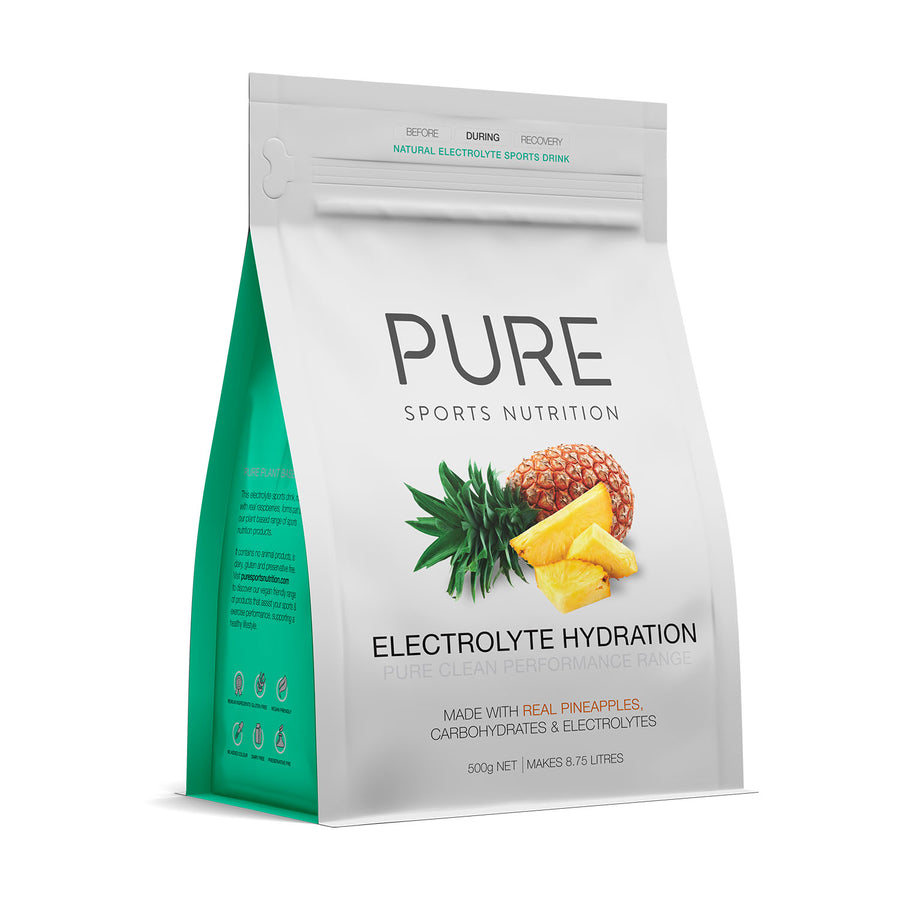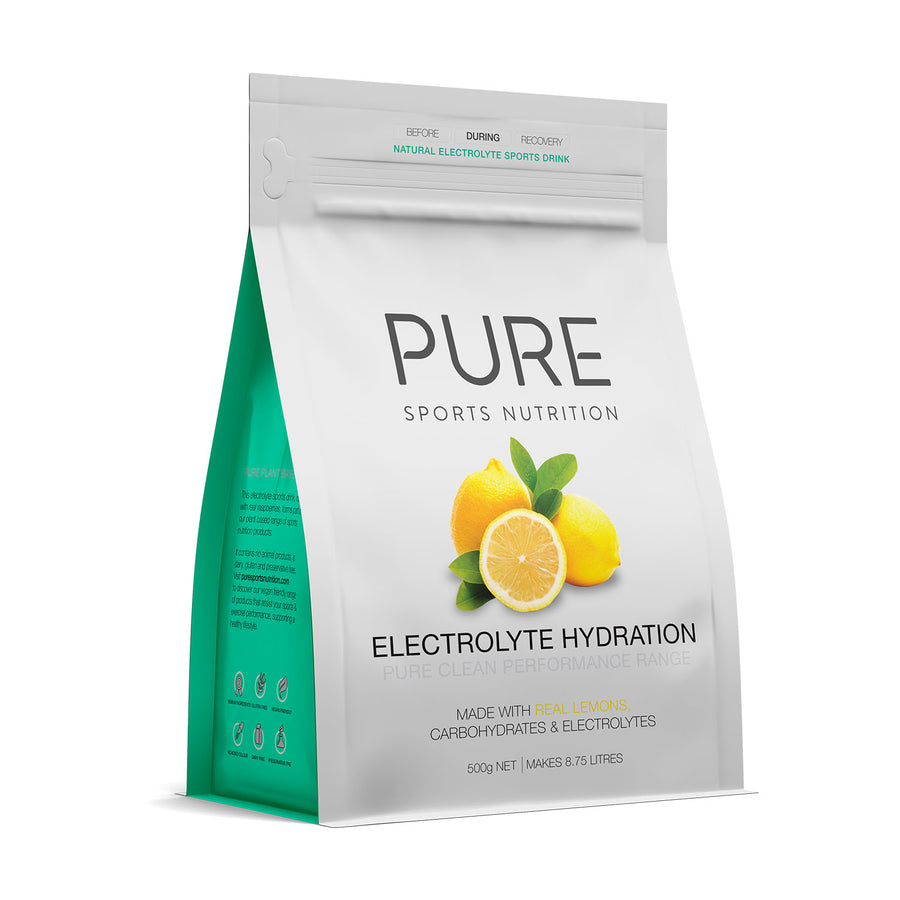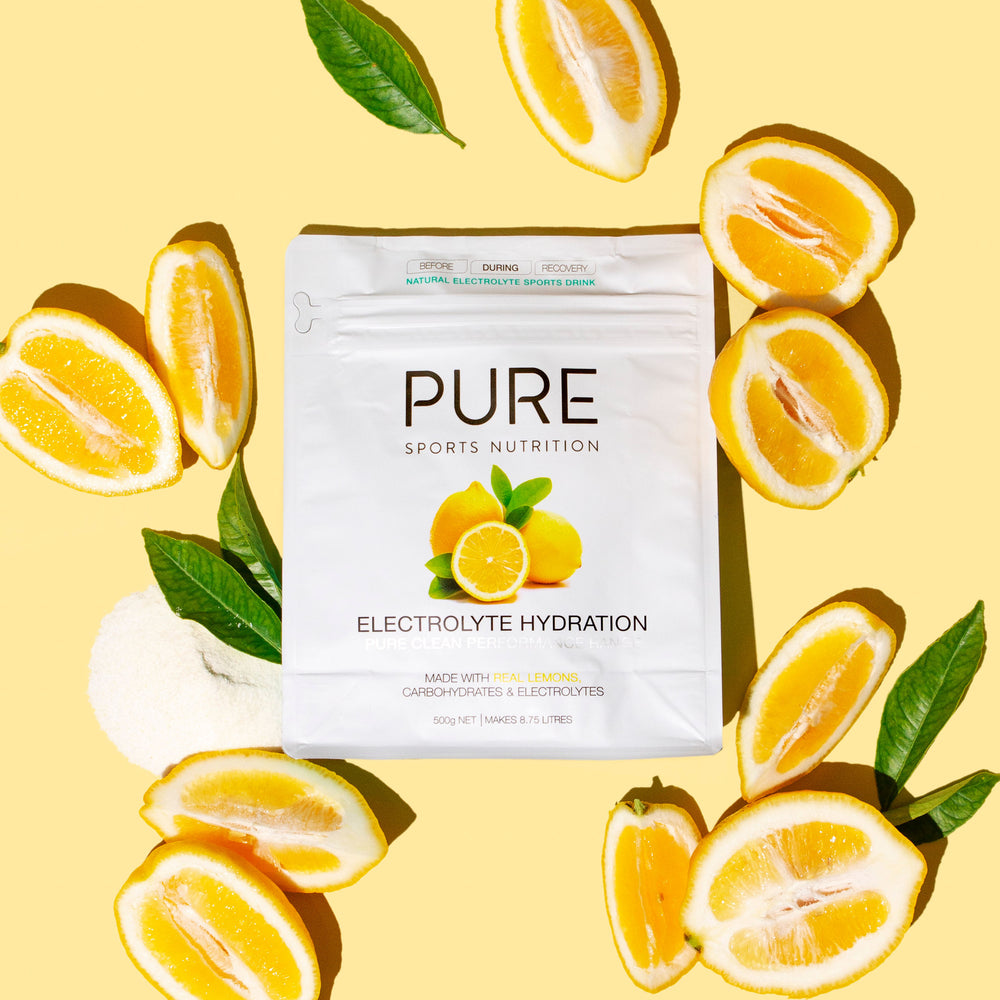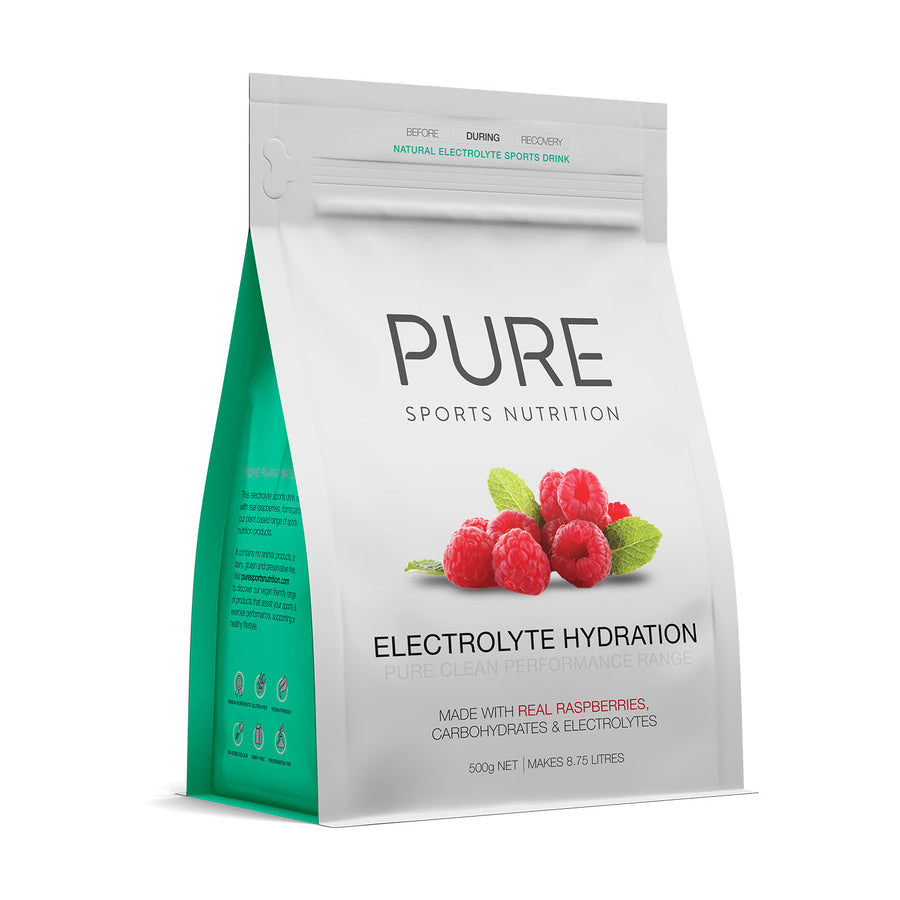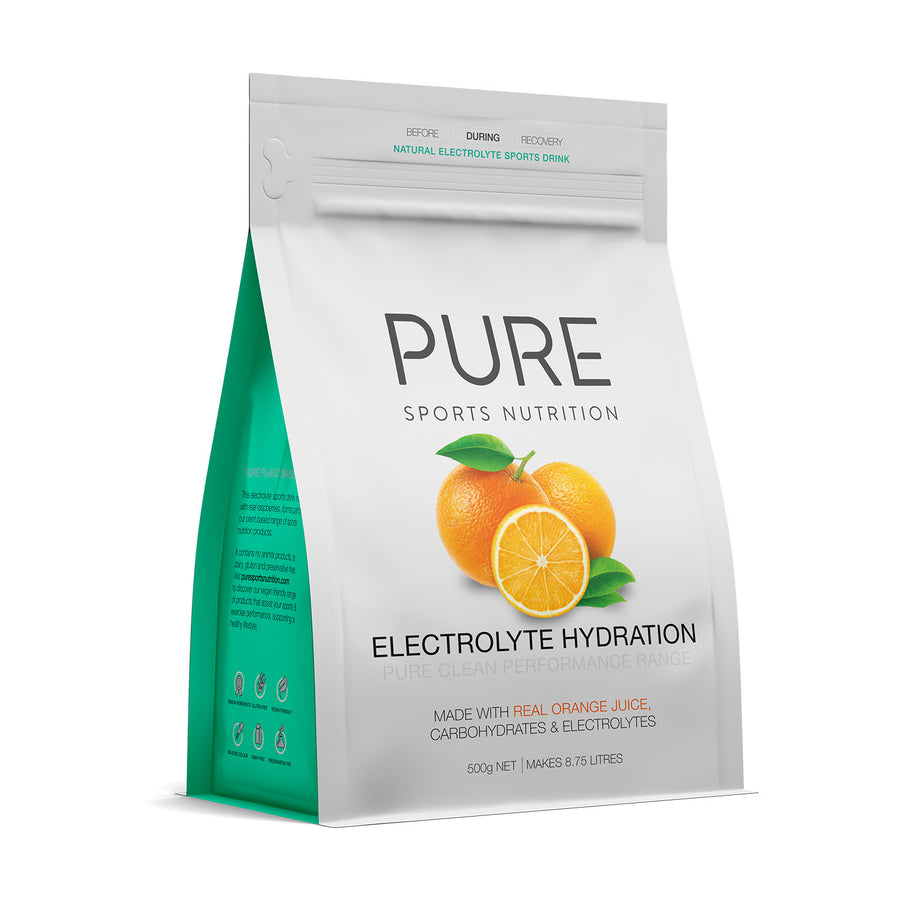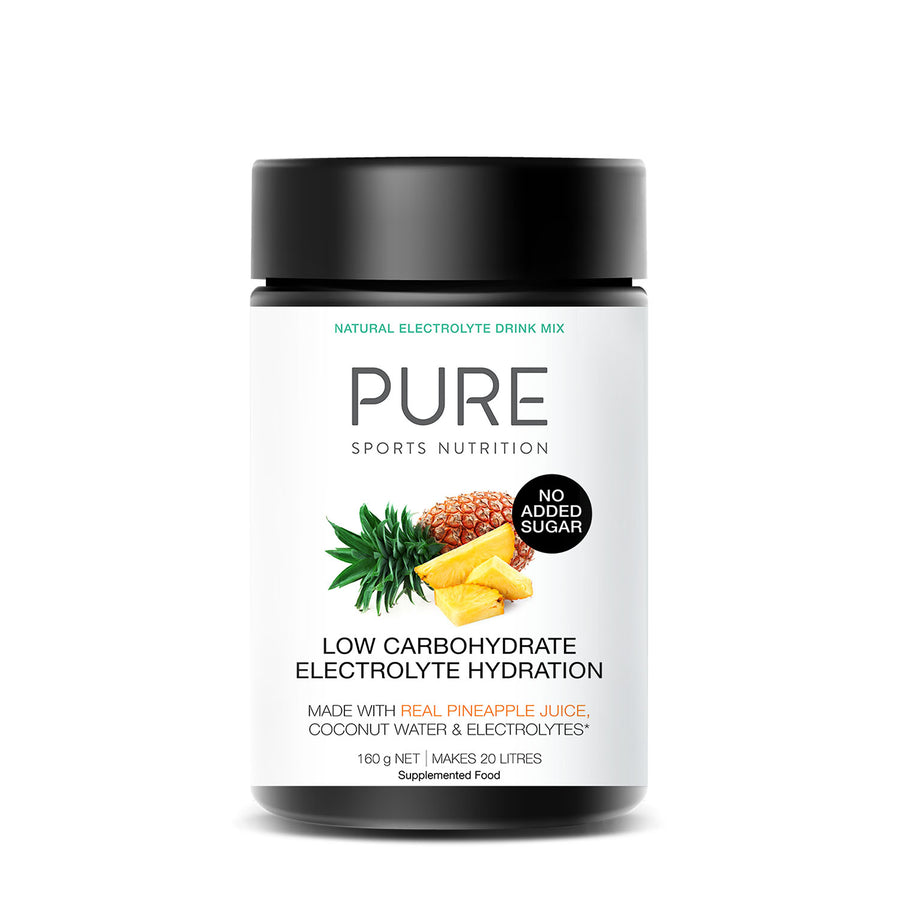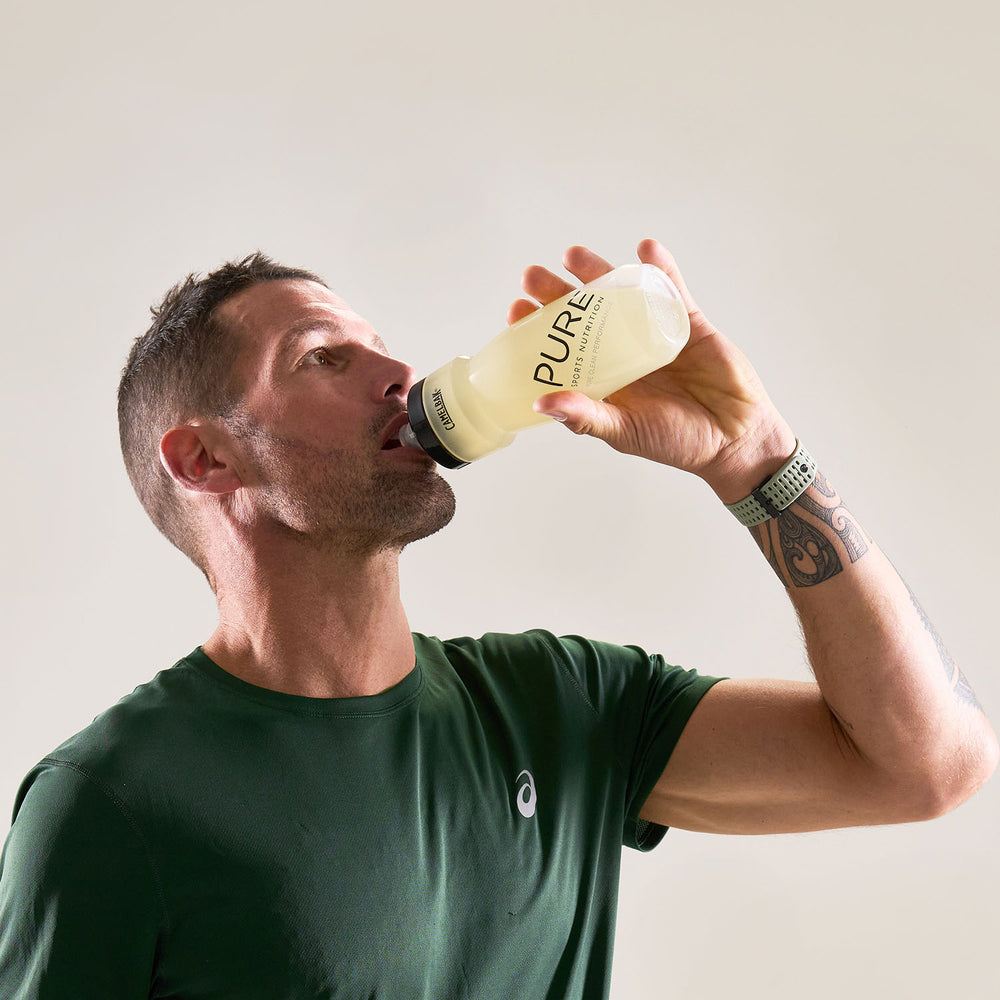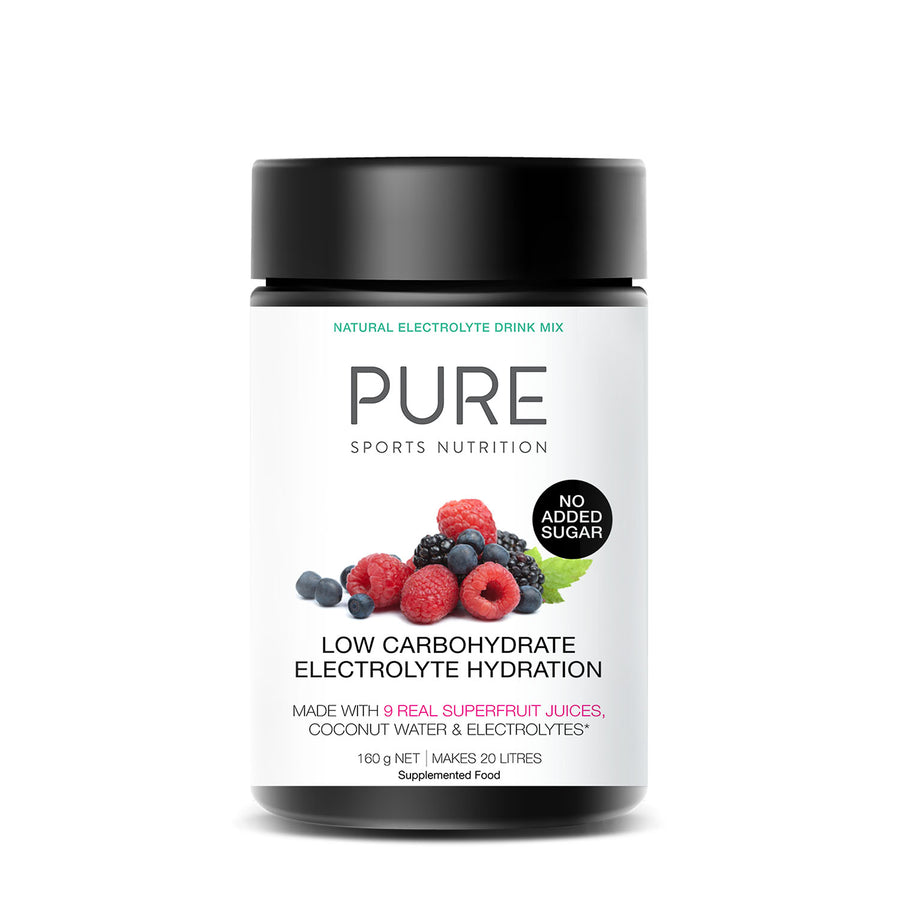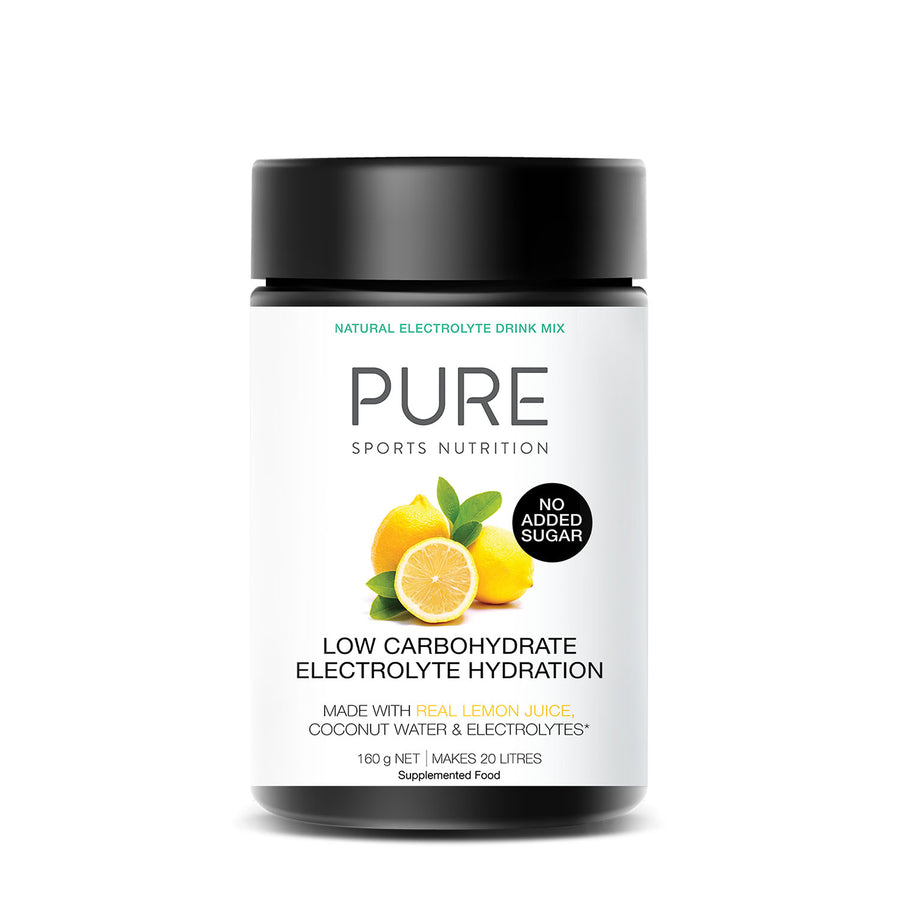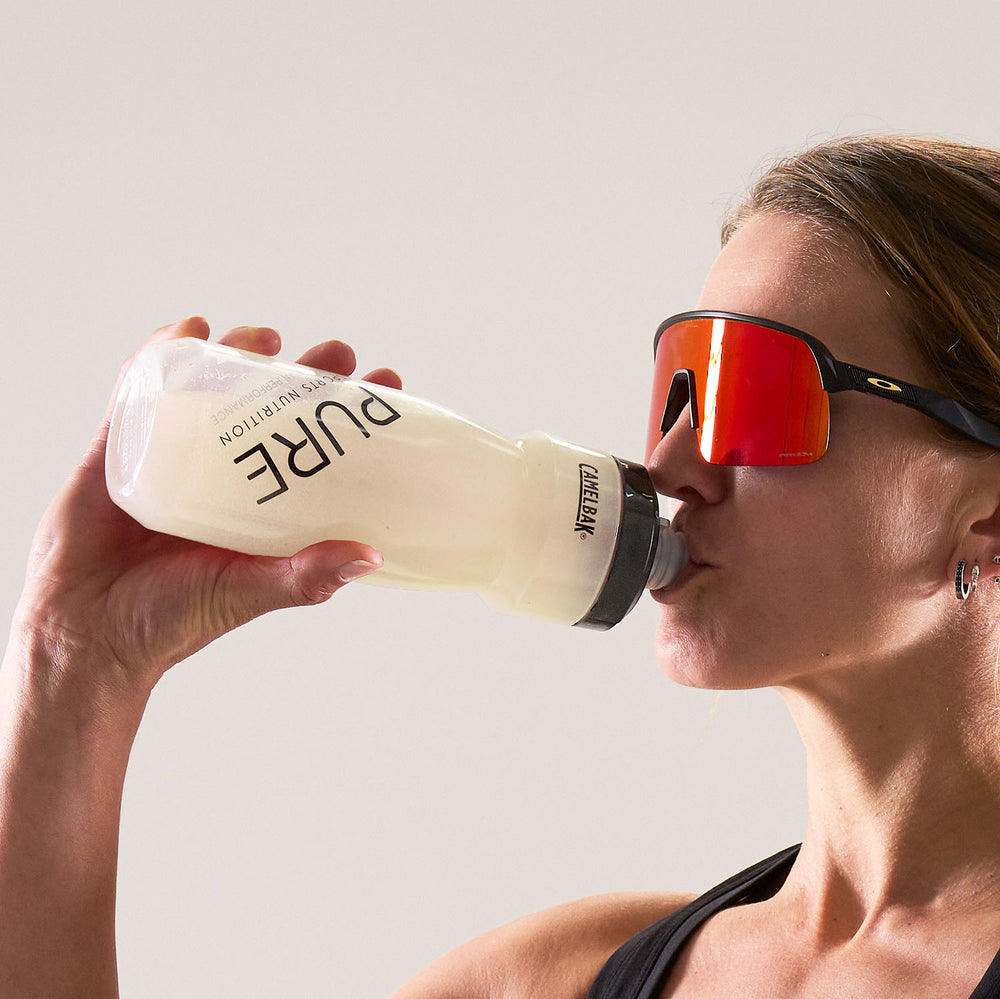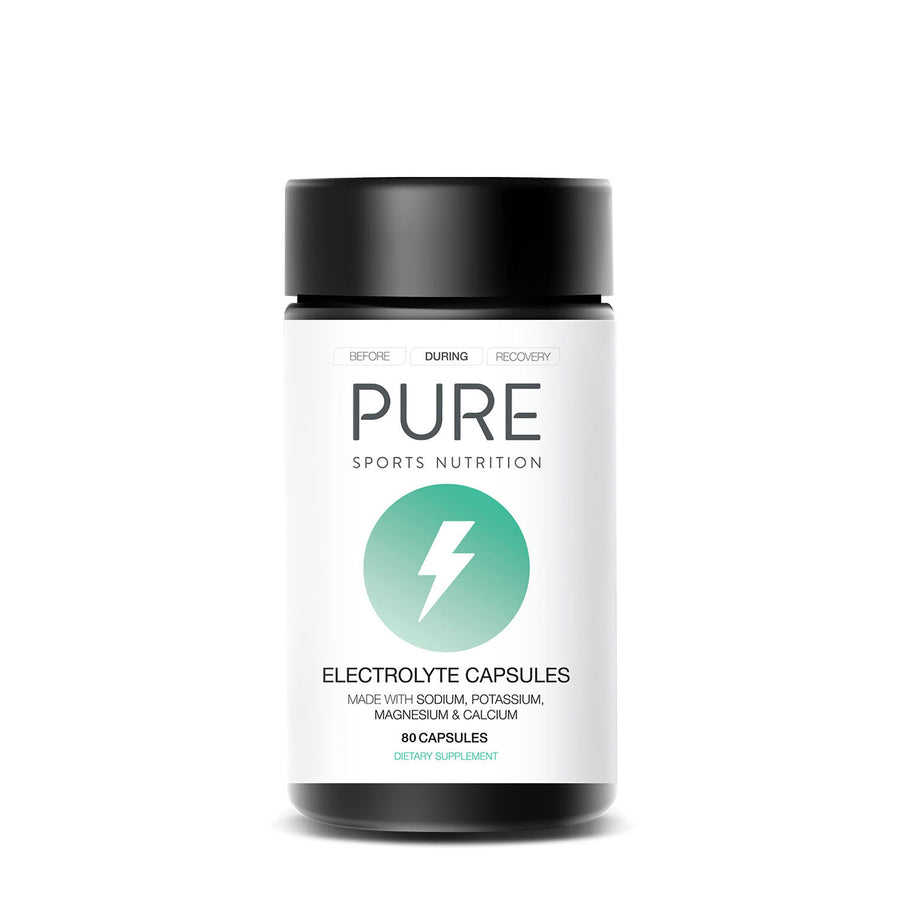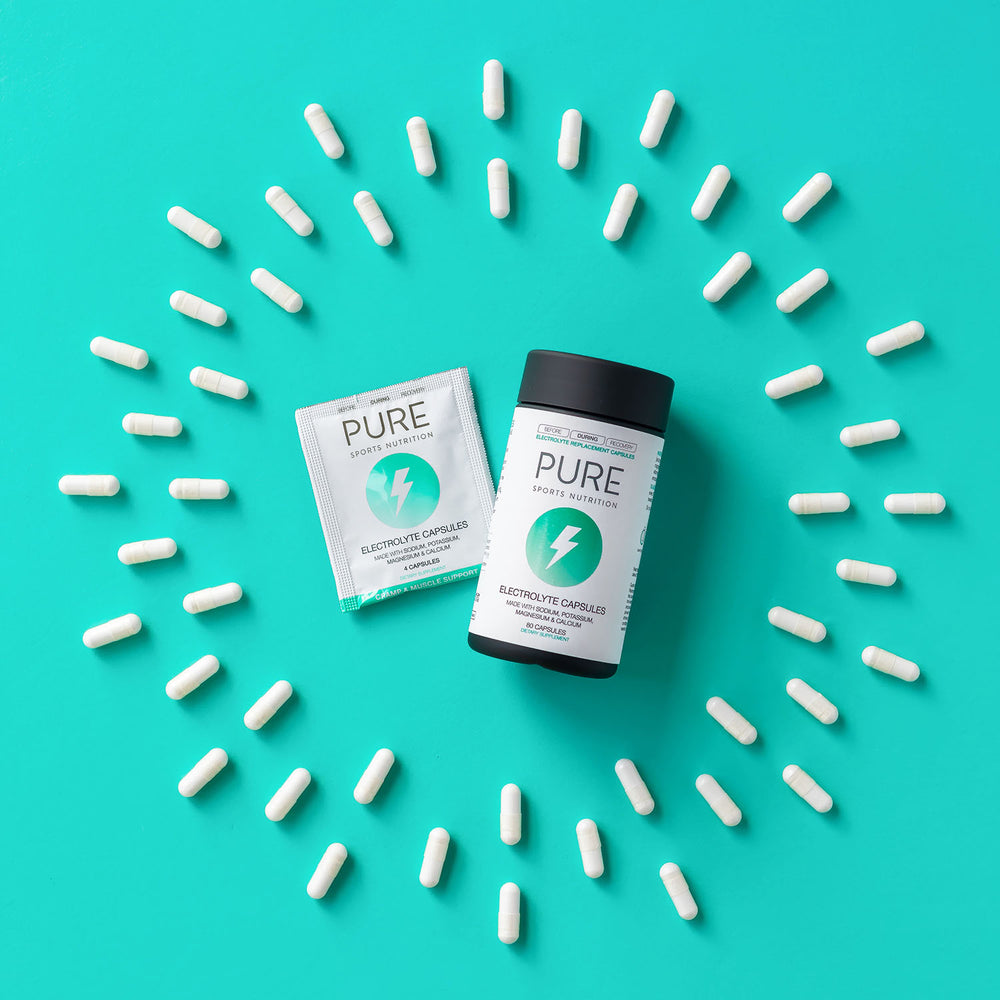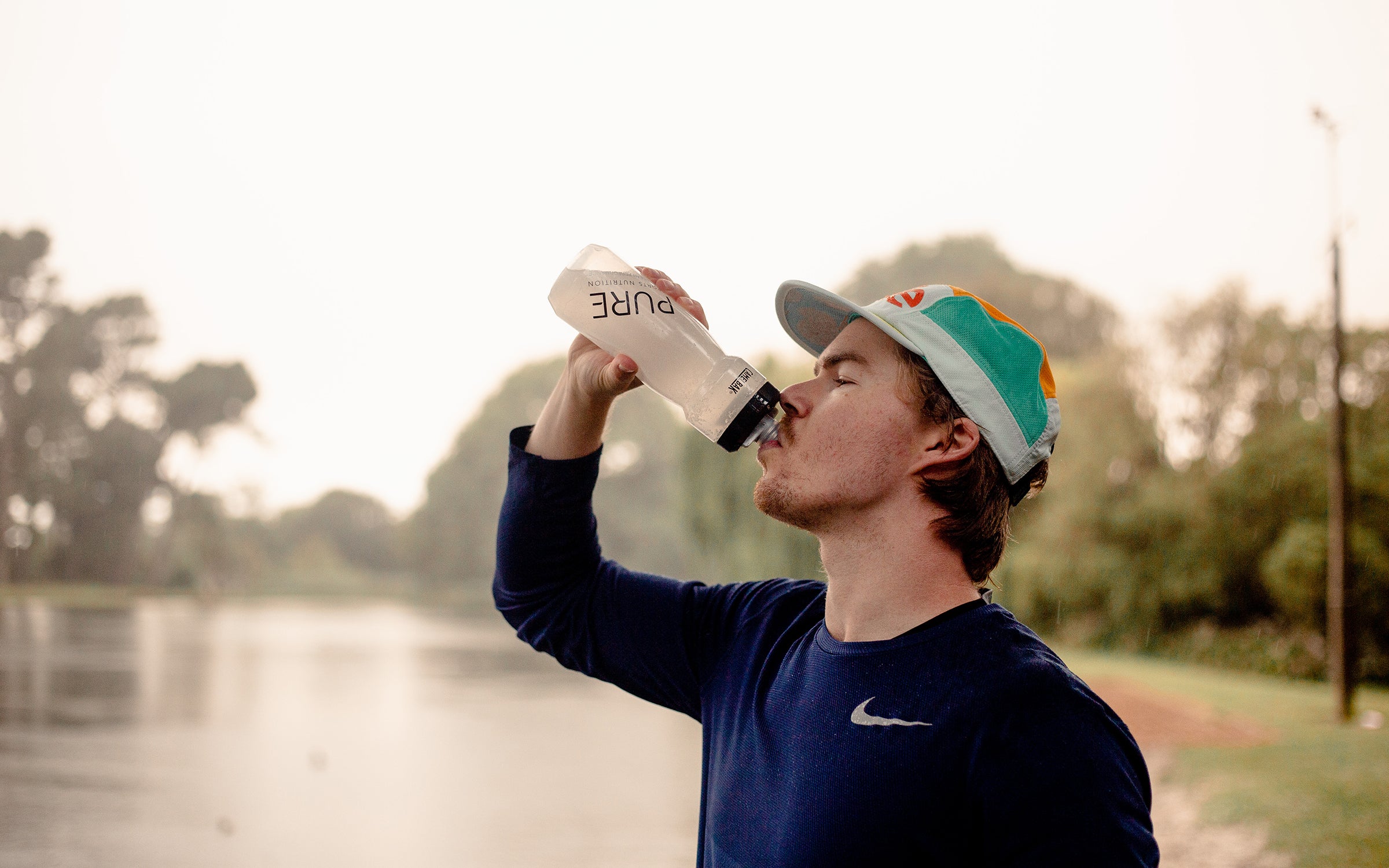
Quick Tips for Training Nutrition
Winning your race day nutrition starts in training and it's no secret it comes down to trial, error and plenty of practice. Our sports nutritionist co-founder Marewa Sutherland (BAppSc) has put together some quick practical tips to get you started.
Training Tips:
- Start with your base diet. This is a simple but essential piece of the nutrition puzzle to fuel your training, get fitter and support recovery in the lead up to race day. Aim for plenty of veg (7+ serves), fruit, fibre, unprocessed carbohydrates and protein. To attempt to simplify a very complex topic move towards real foods and move away from packet foods. For specifics read our "Nutrition Training Guide".
- Hydrate around training. Drink plenty of water throughout the day to ensure you are accounting for your potential increased fluid requirements.
- Sleep is invaluable for recovery. Make it a priority to get a minimum of 7-8 hours plus per night.
- Have your last meal/snack 1-2 hours pre training. This gives your body time to digest pre exercise. If you have stomach issues while training try pushing this out or ensuring your pre-training food choices have less fibre, protein and fat.
- Aim for 30-60g of carbohydrates per hour (or up to 90g if your session is over 2 hours). Spread these out evenly over each hour and look to mix carb sources if you are aiming for over 60g per hour.
- Refuel within 30 minutes of finishing an endurance session (60 min +). Ensure you are including protein, carbohydrates, fluid and electrolytes to help replenish stores and support the recovery process between sessions.
- Use your long or high intensity trainings to start replicating what your race day nutrition plan will look like. This is the perfect time to test out different products or tactics in race-like conditions.
Training Hydration Tips:
- Train your body to accept more fluids. We need to be flexible with our fluid aims for race day (dependant on environmental conditions) so use your training sessions to practice drinking higher quantities in case its warmer on race day. This is particularly important if you're training for a future event held in the summer months, or in hot and humid conditions. The good news is your body can adapt to take on more fluids, which will be helpful for race day performance. Start small and gradually build up the quantity and frequency of drinking.
- Aim to start drinking 10-15 minutes into a long training session. This allows you to replace fluids and electrolytes lost in sweat and keeps you on the front foot in preventing fatigue.
- Figure out how you will hydrate on race day and practice this in training. While race day aid stations are fantastic, for many of us they are too far apart to rely on as a complete hydration strategy. Try carrying bottles or hydration packs for consistent hydration and don't be afraid to take the time to refill these at aid stations if required. Often the time lost due to fatigue would be greater than actually taking the time to fuel efficiently at each aid station or along the way.
- Learn what to drink when. There is no one size fits all approach to hydration, however there are some general principals to guide you. Water or PURE Low Carb Hydration is suitable for sessions up to one hour. Sports drinks (PURE Electrolyte Hydration) are designed for sessions longer than 60 mins or for high-intensity/hot/humid shorter sessions. Endurance drinks (PURE Endurance Formula) are designed for sessions 2 hours and over. Read our comparison guide here. Specialised recovery drinks (PURE Exercise Recovery) are most effective directly after training.
- Tune into yourself. Take note of how much you drink during training/racing and look for patterns in how you feel or perform. Obvious signs of dehydration are dry mouth, headaches or dizziness, fatigue and dark urine. It's well worth reflecting on your race day practices to help you plan and train accordingly for next time. Don't forget you can't rely on thirst as you're already dehydrating by the time you get this message.

